Seven McMaster professors named to Canadian Academy of Health Sciences
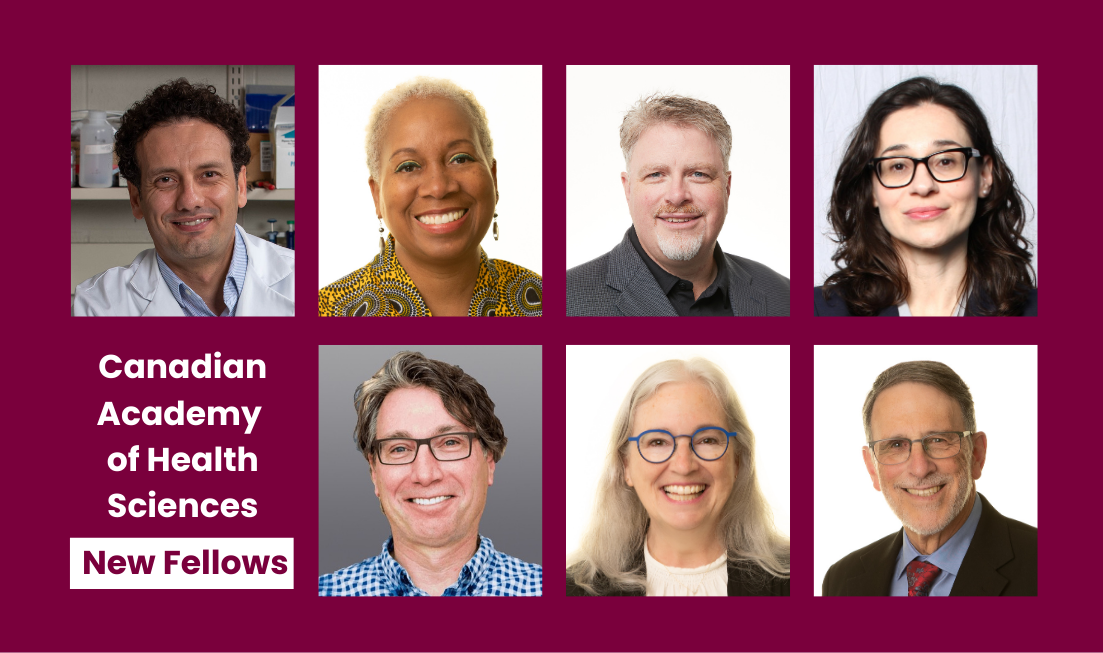
Seven McMaster professors have been named fellows of the Canadian Academy of Health Sciences, one of the highest honours for individuals in the health sciences community.
BY Adam Ward, Faculty of Health Sciences
August 19, 2025
Seven McMaster faculty members from five faculties will be inducted into the Canadian Academy of Health Sciences (CAHS) as fellows, one of the highest forms of recognition of excellence in Canadian academic health sciences.
These are the new fellows:
Juliet Daniel | Distinguished professor, Biology
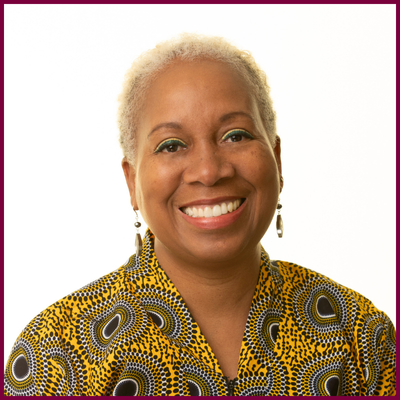 Daniel is a globally renowned cancer biologist known for her discovery of “Kaiso,” a gene whose malfunction leads to human developmental disorders or cancer.
Daniel is a globally renowned cancer biologist known for her discovery of “Kaiso,” a gene whose malfunction leads to human developmental disorders or cancer.
She co-founded the Canadian Black Scientists Network, an organization that elevates and celebrates Black Canadians pursuing or possessing advanced degrees in STEM and Medicine. Daniel is one of only a few Canadian researchers conducting cancer health disparities research at the molecular genetic level.
She is a member of the Centre for Discovery in Cancer Research and an associate member with the Escarpment Cancer Research Institute.
“I am humbled and deeply honored to be appointed as Fellow of the Canadian Academy of Health Sciences. I extend warm congratulations to the six McMaster colleagues who have also received this distinction. I would like to acknowledge and thank my current and past trainees and collaborators who have contributed to and shaped my research. Our collective success in cancer research and this recognition would not have been possible without them. We look forward to continuing our studies to elucidate the genetic basis of cancer disparities in outcomes in multi-ethnic communities, and to identifying and addressing inequities in general cancer care.”
Tohid Didar | Associate professor Mechanical Engineering
 Didar is the Canada Research Chair in NanoBiomaterials and an internationally recognized leader in nanotechnology and biomaterials. His research tackles global challenges in food insecurity, antimicrobial resistance, and women’s health. He has published over 90 peer-reviewed articles, holds 35 granted or filed patents, and co-founded FendX, a publicly traded company developing antimicrobial materials. His award-winning innovations, including RepelWrap™ and SentinelWrap™, have received global recognition for their real-world impact across health care and food systems. Didar is a member of the Michael G. DeGroote Institute for Infectious Disease Research, the McMaster Institute for Research on Aging, and the Biointerfaces Institute.
Didar is the Canada Research Chair in NanoBiomaterials and an internationally recognized leader in nanotechnology and biomaterials. His research tackles global challenges in food insecurity, antimicrobial resistance, and women’s health. He has published over 90 peer-reviewed articles, holds 35 granted or filed patents, and co-founded FendX, a publicly traded company developing antimicrobial materials. His award-winning innovations, including RepelWrap™ and SentinelWrap™, have received global recognition for their real-world impact across health care and food systems. Didar is a member of the Michael G. DeGroote Institute for Infectious Disease Research, the McMaster Institute for Research on Aging, and the Biointerfaces Institute.
“As an engineer, I am honoured to be named a Fellow of the Canadian Academy of Health Sciences. This recognition is a testament to the growing role of engineering in shaping the future of healthcare. I am deeply grateful to my mentors, colleagues, collaborators, and trainees, as this achievement reflects our collective efforts. I look forward to working with clinicians, policymakers, and industry across disciplines to advance health science and improve the lives of Canadians.”
James Dunn | Professor of Health, Aging & Society
 Dunn, the associate dean research in the Faculty of Social Sciences, is a leading Canadian expert on housing, income inequality and health equity. He holds the Senator William McMaster Chair in Urban Health Equity and is director of the Canadian Housing Evidence Collaborative.
Dunn, the associate dean research in the Faculty of Social Sciences, is a leading Canadian expert on housing, income inequality and health equity. He holds the Senator William McMaster Chair in Urban Health Equity and is director of the Canadian Housing Evidence Collaborative.
Dunn co-led the first team in Canada to examine income inequality and population health and co-developed the Canadian Marginalization Index.
In 2025, he was awarded the CIHR-IPPH Trailblazer in Population and Public Health Award and the CMHC Gold Roof Award for Knowledge to Action. He has published over 100 papers in geography, public health, urban planning and epidemiology journals and shaped policies at all levels addressing the effects of income security, housing, and neighbourhood-built environments on health.
“I’m deeply honoured to be appointed as a Fellow of the Canadian Academy of Health Sciences. My career has been motivated by a belief that research and focused knowledge mobilization can address the large and avoidable health inequities that are pervasive in Canada and elsewhere. I look forward to contributing my expertise from the housing, neighbourhood development, and income security sectors to advance the Academy’s goals to provide assessments of, and advice on, key issues relevant to the health of Canadians.”
Claudia Emerson | Professor, Philosophy
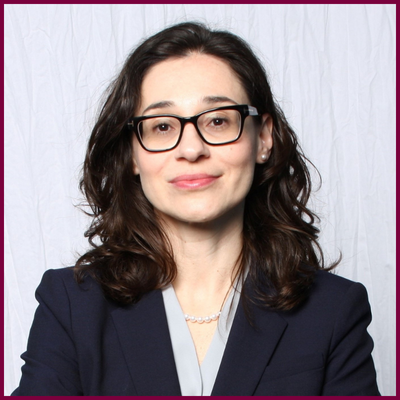 Emerson is a renowned bioethicist, recognized as a thought leader in the ethics and policy of health science innovation and global health research.
Emerson is a renowned bioethicist, recognized as a thought leader in the ethics and policy of health science innovation and global health research.
She is the founding director of the Institute on Ethics & Policy for Innovation at McMaster and holds affiliate appointments in the Department of Medicine, the Mary Heersink School of Global Health and Social Medicine, and health innovation accelerator Global Nexus.
Emerson’s work focuses on identifying and addressing ethics issues and policy gaps that arise along the discovery-to-delivery pathway for health technologies and interventions.
“I am truly honoured to be inducted into the CAHS. Both Bioethics and Global Health are collaborative disciplines and I am grateful to the many wonderful colleagues globally that I have had the privilege of working with. I look forward to working alongside esteemed colleagues in the CAHS community to continue to bring ethical reflection to health science innovation.”
Peter Rosenbaum | Professor, Pediatrics
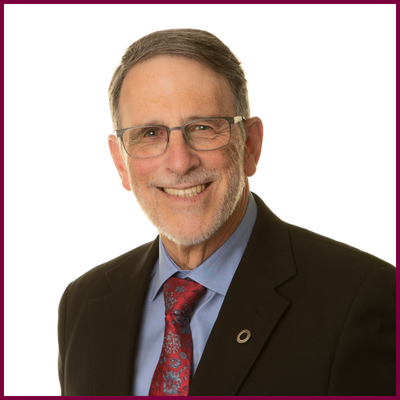 Rosenbaum is a distinguished pediatrician with a career spanning five decades. He co-founded the CanChild Centre for Childhood-Onset Disability Research and his work in family-centred care and the “F-Words for Child Development” (Family, Fitness, Functioning, Friends, Fun, Future) framework has transformed the approach to childhood disabilities globally.
Rosenbaum is a distinguished pediatrician with a career spanning five decades. He co-founded the CanChild Centre for Childhood-Onset Disability Research and his work in family-centred care and the “F-Words for Child Development” (Family, Fitness, Functioning, Friends, Fun, Future) framework has transformed the approach to childhood disabilities globally.
Rosenbaum’s research has consistently promoted evidence-based services, ensuring that interventions and treatments are grounded in solid scientific research. He also holds a joint appointment with the School of Rehabilitation Science.
“I am extremely delighted that our field of childhood disability is being recognized through this honour. While the CAHS appoints individuals, the work I have done over my career owes a huge debt to so many colleagues with whom I have worked and continue to work – and from whom I have learned and continue to learn. This is about so much more than me! Thank you all.”
Louis Schmidt | Professor, Psychology, Neuroscience & Behaviour
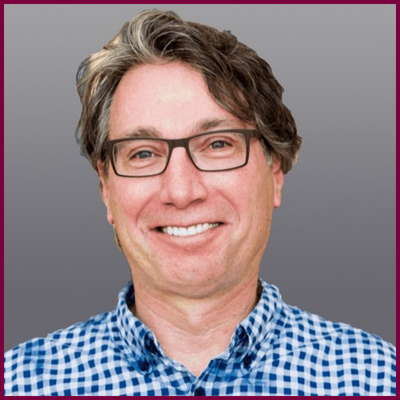 Schmidt is internationally recognized for his research on socio-emotional development and children’s anxiety. For more than three decades, he has championed the importance of viewing socio-emotional development and developmental risk through individual and socio-cultural lenses.
Schmidt is internationally recognized for his research on socio-emotional development and children’s anxiety. For more than three decades, he has championed the importance of viewing socio-emotional development and developmental risk through individual and socio-cultural lenses.
Schmidt has established and translated research into practice and policy on children’s mental health. For the past 15 years, Schmidt has directed the McMaster Extremely Low Birth Weight Cohort and follow-up studies on long-term outcomes of extreme prematurity.
Schmidt is the Science Research Chair in Early Determinants of Mental Health, a member of the Michael G. DeGroote Institute for Pain Research and Care and the McMaster Institute for Music & the Mind, and an associate member of the Offord Centre for Child Studies and the Department of Psychiatry and Behavioural Neurosciences.
“I am honoured to be elected as a Fellow of the CAHS and grateful to my many former and current students, trainees, and collaborators over the years who made this recognition possible.”
Lisa Schwartz | Professor, Health Research Methods, Evidence and Impact
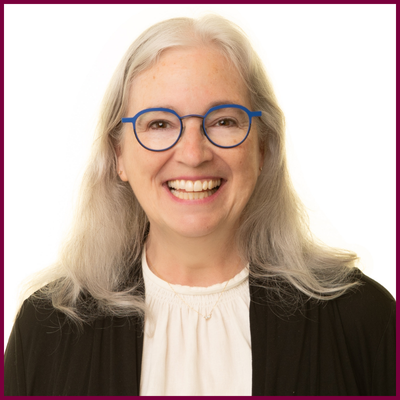 Schwartz is a bioethics scholar whose leadership has been praised for developing a novel field of research in humanitarian health ethics. She holds the Arnold L. Johnson Chair in Health Care Ethics and has influenced policy and practice around the world, and in international agencies such as the World Health Organization, Médecins Sans Frontières, and Red Cross.
Schwartz is a bioethics scholar whose leadership has been praised for developing a novel field of research in humanitarian health ethics. She holds the Arnold L. Johnson Chair in Health Care Ethics and has influenced policy and practice around the world, and in international agencies such as the World Health Organization, Médecins Sans Frontières, and Red Cross.
Schwartz’s research has advanced empirical bioethics, medical education, clinical research, Health Technology Assessment, and most notably ethics in humanitarian action. She is a member of the Centre for Health Economics and Policy Analysis and is an associate member with the Department of Philosophy.
“I am grateful for this recognition, and for the collaborations that have advanced research in humanitarian health ethics. It is an honour to be inducted among such highly esteemed colleagues. I have been privileged to be part of thinking through some of the most difficult pressing ethical challenges in health care, research and policy in Canada and abroad, and I look forward to contributing further to ethics in health policy and practice as an elected member of the CAHS.”


